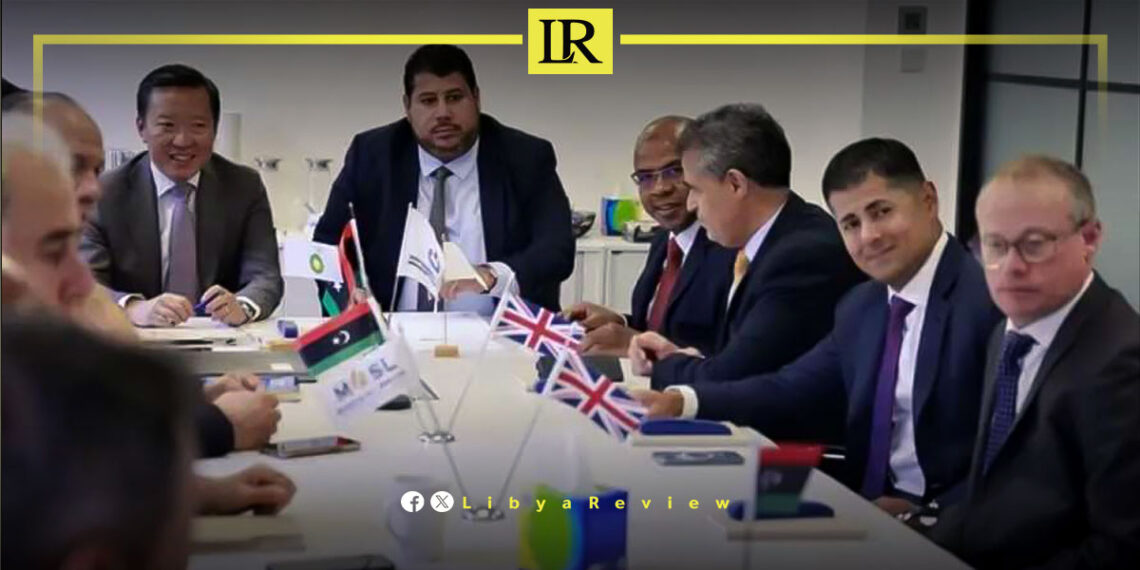Libya’s National Oil Corporation (NOC) has signed a significant Memorandum of Understanding (MoU) with British energy company BP to assess the redevelopment of two of Libya’s most important oilfields, Sarir and Messla, located in the Sirte Basin.
The agreement marks a strategic step toward revitalizing some of the country’s oldest hydrocarbon assets and exploring broader energy opportunities.
Discovered in 1961 and 1971 respectively, the Sarir and Messla oilfields are among Libya’s largest and most productive. However, over the years, both fields have faced declining output due to aging infrastructure and limited reinvestment.
Under this new MoU, BP and NOC will jointly examine technical data, assess the remaining resource potential, and evaluate options for redevelopment, enhanced recovery, and further exploration in the surrounding areas.
The agreement also includes provisions to study the potential for unconventional oil and gas reserves elsewhere in Libya.
For the NOC, this partnership reflects a renewed commitment to attracting international expertise to boost production capacity and modernize the country’s energy sector, which remains the cornerstone of Libya’s economy.
BP’s return to active collaboration in Libya is especially significant. In 2007, the company signed an Exploration and Production Sharing Agreement (EPSA) with NOC covering large onshore and offshore blocks. However, the outbreak of political instability in Libya led to the declaration of force majeure and a freeze on activities.
In 2022, Italian energy company Eni acquired a 42.5% stake in the EPSA and became the operator, with BP retaining an equal share and the Libyan Investment Authority holding the remaining 15%. Force majeure was officially lifted in 2023, and operations resumed in the onshore areas.
BP’s Executive Vice President for Gas and Low Carbon Energy, William Lin, described the new MoU as a step toward deepening collaboration with Libya. “This agreement shows our strong interest in helping shape the future of Libya’s energy sector. We hope to apply our global expertise in redeveloping major oilfields to support NOC’s goals,” he said.
The MoU lays the groundwork for technical studies and feasibility assessments, which could lead to renewed field development and exploration programs. If successful, the partnership could result in increased production, technology transfer, and new investment flows into Libya’s oil and gas sector.


